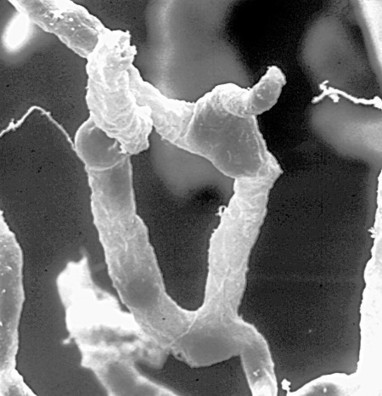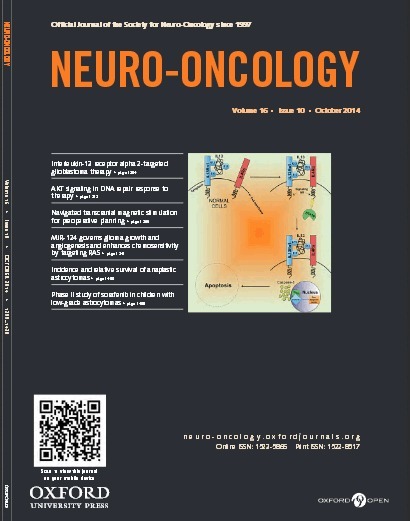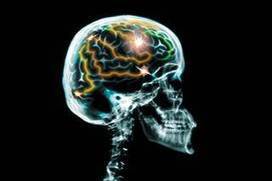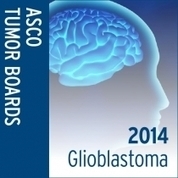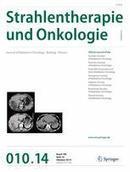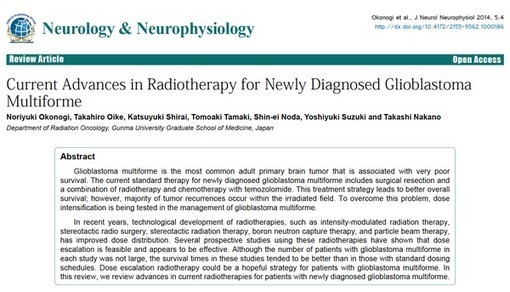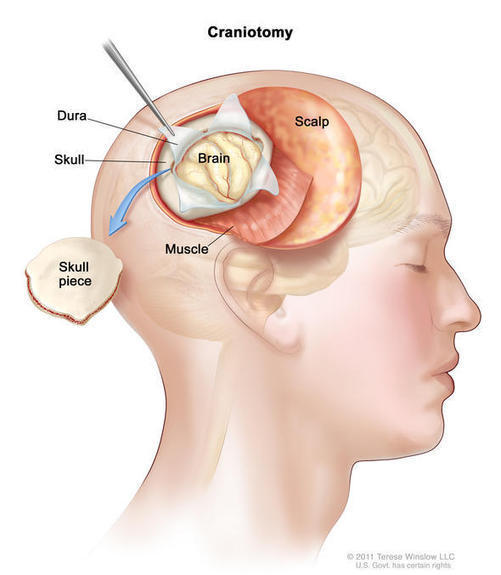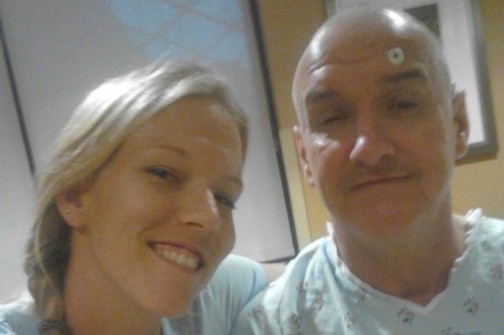
Gene that drives aggressive brain cancer found by new computational approach
Using an innovative algorithm that analyzes gene regulatory and signaling networks, Columbia University Medical Center (CUMC) researchers have found that loss of a gene called KLHL9 is the driving force behind the most aggressive form of glioblastoma, the most common form of brain cancer. The CUMC team demonstrated in mice transplants that these tumors can be suppressed by reintroducing KLHL9 protein, offering a possible strategy for treating this lethal disease. The study was published today in the online issue of Cell.
 Your new post is loading...
Your new post is loading...

